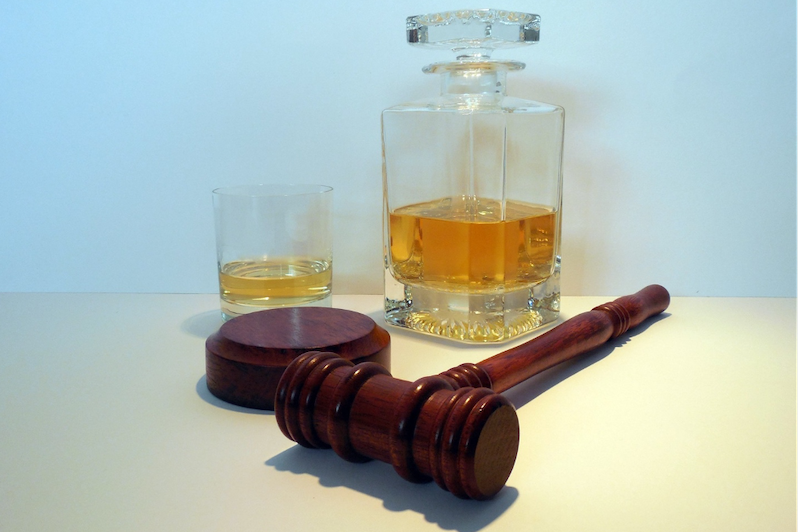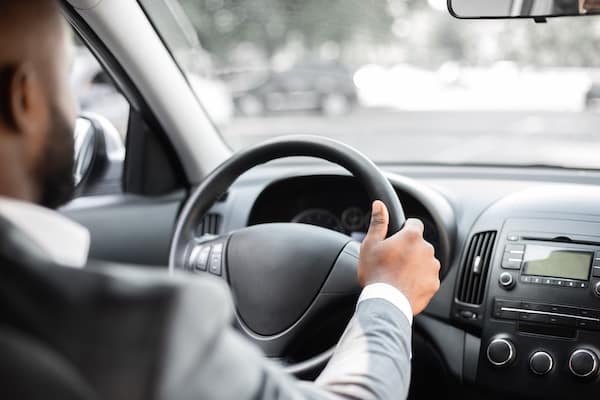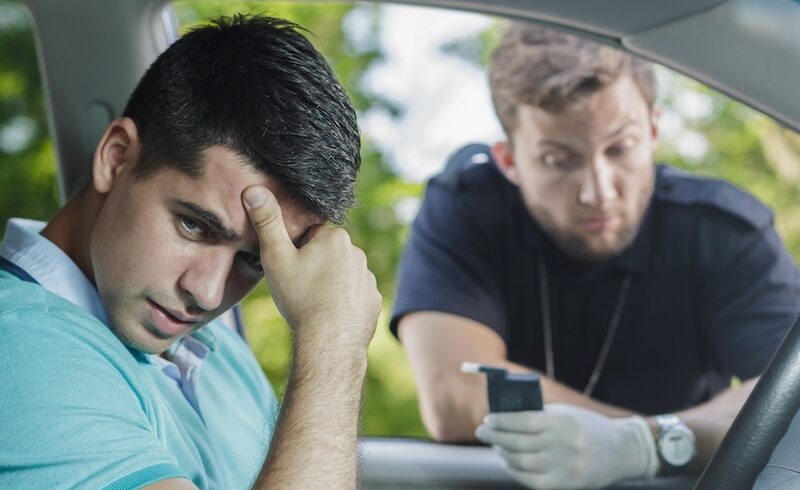
Alcohol is sweeping America’s minors away. In a 2019 survey, 29% of high school students said they drank alcohol at some point during the previous 30 days.
Illinois takes the problem of underage drinking seriously. That’s why the legal consequences of underage drinking are so severe. Before you get an underage drinking ticket or charge, you need to know about the laws.
What laws govern underage drinking, and is underage drinking a crime? What other charges can someone be charged with besides possession of alcohol? Can a parent receive penalties as well?
Answer these questions and you can get through an underage drinking case in no time. Here is your quick guide.
Illinois Underage Drinking Laws
Illinois’s Liquor Control Act makes it illegal for a person under the age of 21 to possess or sell alcohol. This includes accepting alcohol as a gift.
However, it is legal for a minor to drink alcohol as part of a religious service. It is also legal for a minor to have alcohol while their parent supervises them in the privacy of their home. A minor can taste an alcoholic drink as part of a cooking demonstration at a college or university as well.
The law also creates a safe harbor for certain situations. An officer cannot arrest someone who has been drinking and calls 911 to get medical attention for someone else. They cannot arrest a person who reports being sexually assaulted while they were drunk.
However, the law applies to any amount of alcohol. Even if a minor had just one beer or glass of wine, they face legal penalties.
Penalties for Underage Drinking
A minor who drinks or possesses alcohol commits a Class A misdemeanor. They may go to prison for up to 364 days, and they may pay a fine of up to $2,500. Their license or learner’s permit may be suspended for up to one year.
A judge is not required to penalize a minor with a prison sentence. They may opt for probation, especially if the minor does not have a criminal record. They may also require someone to perform community service and attend an alcohol awareness class.
Related Charges
A minor may be charged with other crimes besides possession of alcohol. In order to understand all of the consequences of underage drinking, you must understand these charges.
Driving Under the Influence
Illinois has a no-tolerance law for underage drinking and driving. A driver who has a small trace of alcohol in their system will lose their license for three months. If a driver refuses a breathalyzer test, they face a six-month suspension.
A second violation of the law results in a one-year suspension. A second refusal of a test can lead to a two-year suspension.
DUI charges apply to minors when their blood alcohol content exceeds .08%. The first conviction of a DUI can lead to a one-year prison sentence and a fine of $2,500. A second conviction can result in the same penalties, and it leads to a minimum prison sentence of five days.
A DUI that results in a felony charge like vehicular homicide is an aggravated DUI. A third DUI offense or a DUI while a minor does not have a license also counts as an aggravated DUI. Someone may go to prison for decades, and their license may be permanently revoked.
A driver cannot have an open container of alcohol in their car, even if they are an adult. But open container laws make having a container a petty offense, so an officer may only issue a ticket. However, a driver with multiple convictions may face a license suspension.
Fake Identification Cards
Possession of a fake ID by itself is a Class A misdemeanor, regardless of whether someone uses it to buy alcohol or not. A minor may take someone else’s ID and present it as their own. This is also a Class A misdemeanor.
Making a fake ID or altering a real ID is a Class 4 felony. A minor can go to prison for up to three years and may need to pay a $25,000 fine. Their license will be suspended for one year as well.
Legal Consequences for Parents
A parent who allows underage drinking to occur at parties in their home commits a Class A misdemeanor. The Drug or Alcohol Impaired Minor Act states that anyone who supplies alcohol to a minor is liable for injuries that they commit. This includes injuries that the minor sustains in a car accident or fall.
A parent may go to jail if the underage drinking results in someone’s death or injury. The victim or their family can sue the parent for civil damages as well.
Providing alcohol to a minor is a separate offense that also carries Class A misdemeanor weight. If a minor is injured because of alcohol, the charge carries Class 4 felony weight.
The Essentials of Underage Drinking Consequences
Underage drinking is no laughing matter. A minor who drinks even one can of beer faces imprisonment and a license suspension. If they drink and drive or use a fake ID to get alcohol, they face additional penalties.
Parents are not immune, either. A parent who gives their child alcohol in public or allows them to throw parties with underage drinking can go to prison.
The best way to keep yourself out of jail is to find a great lawyer. The Law Offices of John M. Quinn and Associates serves Illinois residents. Get a free consultation today.


